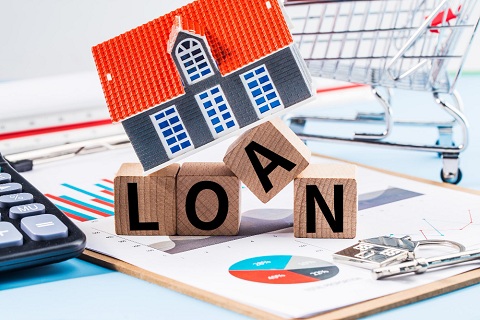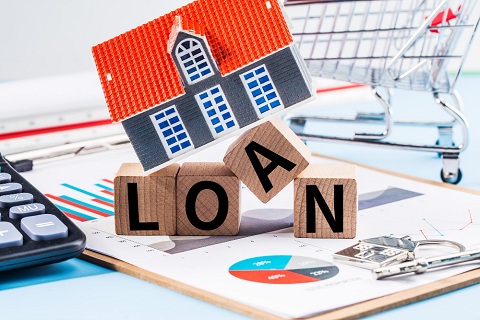Purchasing a home is a significant life milestone, and finding the best home loan rates is crucial to ensure you don’t overspend in the long run. The interest rate on your home loan can have a substantial impact on the overall cost of your mortgage. In this article, we’ll explore effective strategies to secure the best home loan rates that can potentially save you thousands of dollars.
Understanding Home Loan Rates
What Are Home Loan Rates?
Home loan rates, also known as mortgage rates, are the interest rates charged by lenders on the amount you borrow to buy a home. These rates determine how much you’ll pay in interest over the life of your loan.
The Influence of Credit Score
Your credit score plays a significant role in determining the interest rate you’ll be offered. Lenders view borrowers with higher credit scores as less risky, leading to lower interest rates.
Researching and Comparing Lenders
Shop Around for Lenders
Don’t settle for the first lender you come across. Research and compare different lenders to find the one offering the most competitive rates.
Online Tools and Mortgage Brokers
Take advantage of online tools and mortgage brokers to compare rates from various lenders quickly and efficiently.
Financial Preparation
Improve Your Credit Score
Before applying for a home loan, work on improving your credit score by paying off debts and managing your finances responsibly.
Save for a Down Payment
A larger down payment can result in better loan terms, including lower interest rates.
Loan Options and Terms
Fixed vs. Adjustable Rates
Consider whether a fixed-rate or adjustable-rate mortgage suits your needs better. Fixed rates offer stability, while adjustable rates may start lower but can fluctuate over time.
Shorter Loan Terms
Opting for a shorter loan term, such as a 15-year mortgage, can lead to lower interest rates and quicker loan payoff.
Negotiation and Timing
Negotiate with Lenders
Don’t hesitate to negotiate with lenders. They may be willing to offer better rates to win your business.
Timing the Market
Keep an eye on economic trends and interest rate forecasts. Timing your application during periods of lower rates can work to your advantage.
Financial Stability and Debt-to-Income Ratio
Showcase Financial Stability
Lenders prefer borrowers with a stable income and employment history, as it reflects the ability to make mortgage payments consistently.
Maintain a Healthy Debt-to-Income Ratio
A lower debt-to-income ratio demonstrates your ability to manage debt, increasing your chances of securing favorable rates.
Additional Considerations
Consider Paying Points
Paying points upfront can reduce your interest rate over the life of the loan. Evaluate whether this option aligns with your financial goals.
Avoid Opening New Credit Lines
Opening new credit accounts before applying for a home loan can temporarily lower your credit score and affect your interest rate.
FAQs about Smart Strategies for Securing the Best Home Loan Rates
The borrower’s credit score is a significant factor influencing home loan rates. A higher credit score usually leads to lower rates.
Adjustable-rate mortgages can be suitable for some borrowers, especially if they plan to sell or refinance within a few years. However, they come with the risk of rates increasing over time.
While a low interest rate is important, also consider the overall loan terms, fees, and closing costs associated with the mortgage.
Yes, negotiating with lenders is encouraged. They may be willing to adjust rates or offer incentives to win your business.
Choosing a shorter loan term can lead to lower interest rates and quicker loan payoff, but it also means higher monthly payments. Evaluate what suits your financial situation best.





